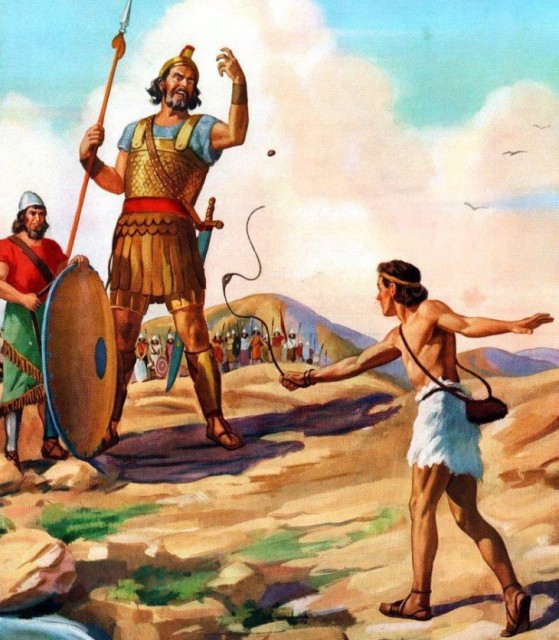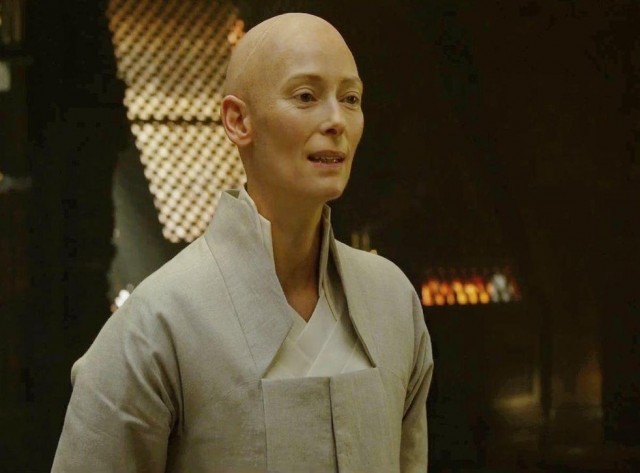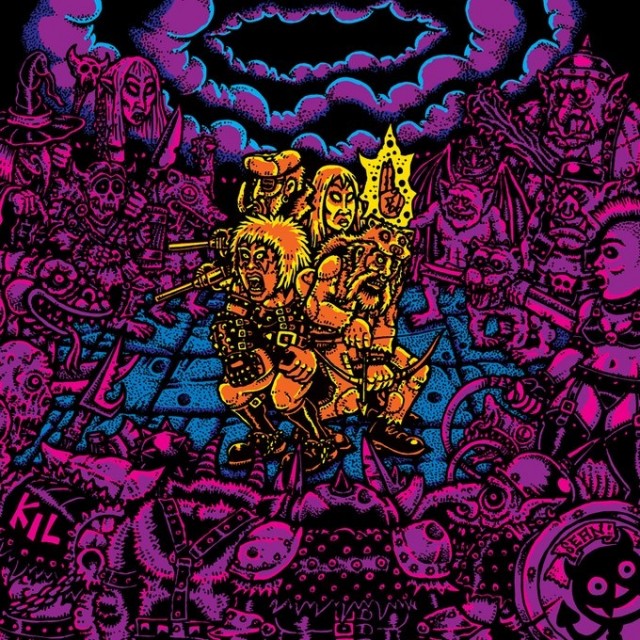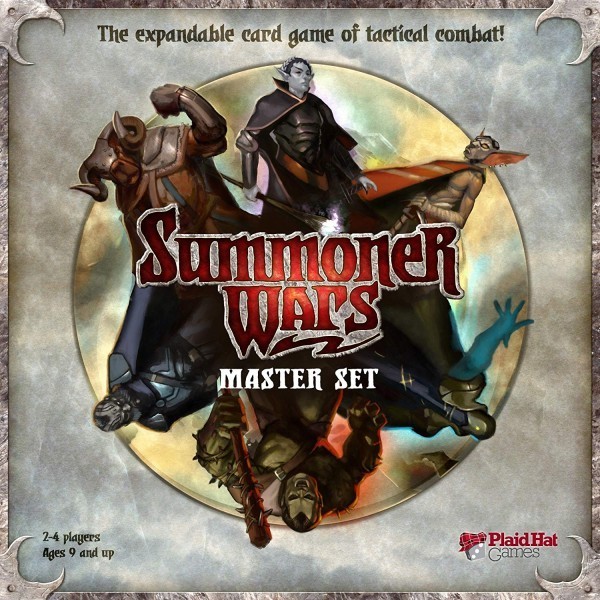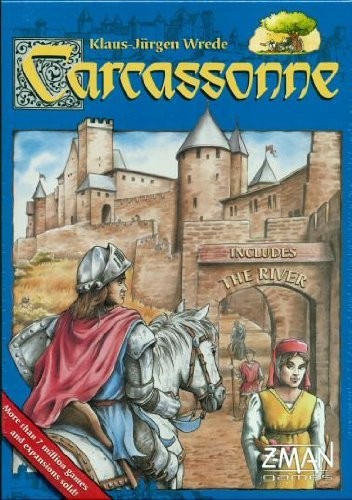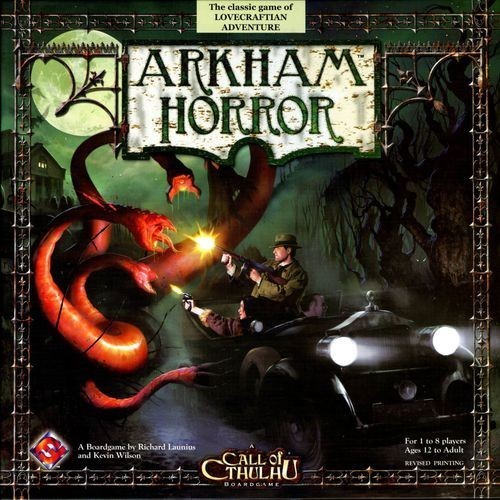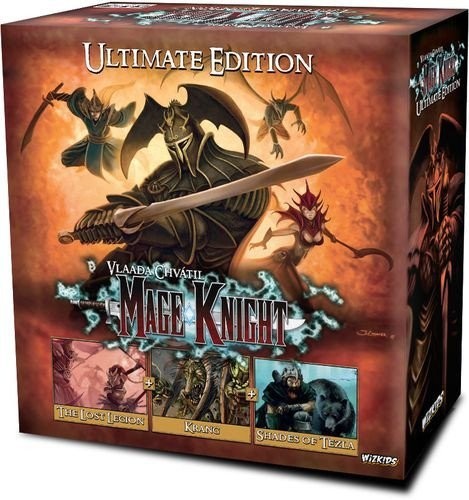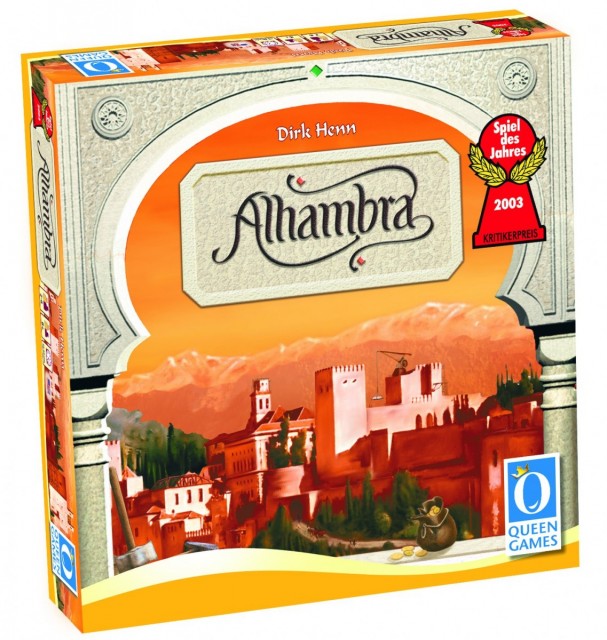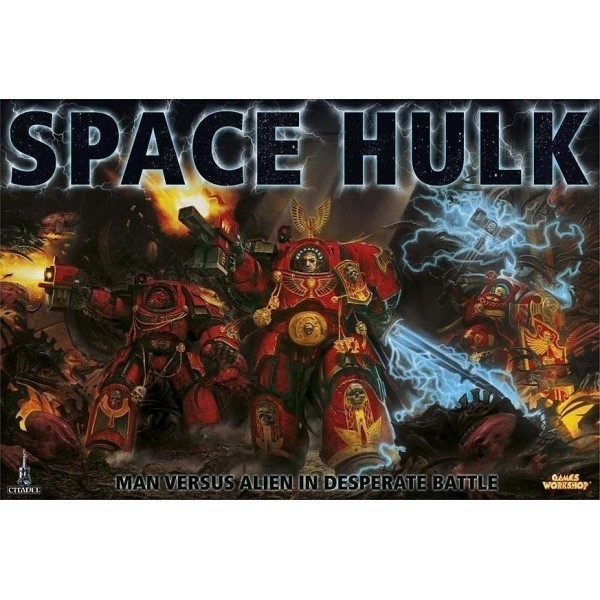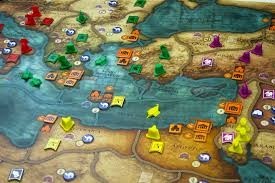It’s true to say that we do seem to spend a considerable amount of column inches telling everyone what we don’t like, and what we don’t like usually seems to be Eurogames. I, for one, have already admitted that I sometimes do this far more than I should do, and of late I’ve tried to ease off a bit. Whether I personally have succeeded is not for me to judge but regardless of my contribution I wouldn’t say that the bulk of content in this site is anti-anything, or even overly negative. I think the perception comes because we have some contributors here who are extremely good at being vitriolic, so much so that when they hit the target people tend to remember it. That’s not a bad thing – it’s just being perceptive and writing well and often it’s all meant to be taken with a pinch of humour in any case.
Now I can’t speak for everyone who contributes to the site, but I suspect I’d be right if I said that when we’re being negative, what we’re standing against is poor games. That’s how I feel – indeed it’s what I opened my account here with. It’s true that most of what we feel are poor games happen to be Eurogames, but they’re not the only targets; they’re just the ones that get most attention because numbers of other gamers seem to think that they’re great. So naturally, when we see them being hyped we feel the need to respond with what we see as a big old fashioned dose of realism. Truth be told I’m pretty sick of all this game-labelling anyway. Whilst I must confess that I do like the fact that my favourite games now have a label after having been outcast into the wilderness for so many years, good game design has now become so much a matter of just borrowing across genres that most major new releases are, in some sense, unclassifiable crossover games in any case.
But surely what you see as a “good game” is just personal taste isn’t it? To some extent this is obviously true. But there are certain features of current game design that I see as being profoundly negative. In essence, these can be summed up as being bad for re-playability – I value a game that I can play over and over again and keep enjoying. It matters little that I don’t have the time to play my favourite games as often as I’d like, the fact is that others gamers might have the time and they deserve to be presented with games that can keep on going and going and going. I can remember the amazement I once raised in a BGG thread because I queried some guy saying that he thought getting twenty plays out of a game was exceptional value for money – to me a game should probably go twice that before burn-out starts to set in. The fact that people will accept games that run for less plays is a shame, and detrimental to the hobby. It might be that some gamers prefer a situation where they like to have a game challenge them for 5-10 plays before they start craving something new, but I find it hard to see that that could possibly be a majority viewpoint or a desirable state of affairs. Wouldn’t most of us prefer it if we could play games with good re-playability all the time?
I see two major reasons why the bulk of the games that I see as being guilty of this phenomenon are Eurogames. Firstly, the fans of these games seem to like games which are non-random and which require maths-like skills in order to play well. Nothing wrong with that in itself, but as I’ve commented before, it does tend to lead to game designs which have limited decision trees. This leads to a situation where there are “best” plays for most given situations in the game. These might not be obvious, and they might take time to tease out, but once they’re out in the open the game is usually pretty much dead. Where’s the fun or challenge in making decisions from a script or a flowchart? The second reason is that Eurogamers seem to want multiplayer games which run on the same principles as two player classics such as Chess and Go. These ancient games often work well precisely because they’re two-player and making multiplayer versions is extremely difficult. So when someone finds a novel way of doing it, it becomes a template for a slew of other copycat games which, for obvious reasons, usually have nothing like the replay value of the game they derive inspiration from.
What’s so frustrating about this is that good designers have shown time and time again that you don’t need to fall into these traps to design a good game that appeals to Eurogamers. There are a large number of Eurogames that I’m happy to say don’t fall into my “poor game” trap whether I actually like the games or not, and it’s no surprise to me at all that they’re amongst the most highly lauded games in Euro circles. Puerto Rico, Age of Steam, Settlers of Catan, Tigris and Euphrates – I could go on. It’s also worth noting that there are a number of AT games that also fall into my “poor game” trap, for different reasons – usually over-reliance on random mechanics, or vastly excessive chrome – although it has to be said that most modern AT designers have recognised these dangers and work hard to guard against them. So this really isn’t about one genre being “better” than another. It’s more about trying to inject some sort of sensible assessment into the hype when a new game comes out. So how did we end up in this situation where gamers are willing to accept shallow games and are happy just to keep on buying, playing and discarding new stuff before moving on to the next “big” thing?
When I started my current job, I was given a book to read – Good to Great. I had no prior interest in reading books about business theory but I must say this one seemed to contain a lot of sound advice, based on solid research and empirical evidence. One of the concepts in the book is the “Doom Loop” – the spiral of decline that companies go into when they launch new initiative after new initiative and end up being able to focus on nothing at all. I have a nasty feeling that the modern boardgaming world has got into a Doom Loop of its own, and it’s about time we recognised it and put a stop to it.
I don’t go to conventions. They tend to have more than their fair share of weird, creepy people and whilst I like meeting new gamers I’m of the old school of thought that prefers regular opponents for games. That way you can build up some sort of history together which enriches your gaming experience, you can get to know each others’ play styles and hell, you can actually have enough of a relationship to chat about something other than the game as you play. While not everyone might see things that way, the fact is that playing lots of games against strangers isn’t the key reason most people go to conventions. They go because they get the chance to try, and sometimes buy the latest games before anyone else does.
This, combined with the internet, creates a situation where games get an awful lot of pre-release hype based off the back of a lot of people who’ve played the game just once. In the day and age of mobile internet this hype can build with astonishing rapidity so that a game played on the first day of a convention can build momentum and sell like hot cakes on the last day. But we all know that one play just isn’t enough to really get to grips with a game – a game would have to be a real stinker to not even be worth trying a second time and oftentimes the very best, deepest games require multiple plays before they really start to shine. So we get a situation where instant-satisfaction, low re-playability games often sell by the bucket load while better games with greater longevity sit in the shadows. BGG isn’t to blame for this – if it didn’t happen there then it’d happen somewhere else. The blame lies fairly and squarely with the people who are willing to hype a game after just one play. I won’t usually buy a game that hasn’t been out for at least six months, I wouldn’t usually give a game a nine or a ten over on the ‘geek until I’d played it 3-4 times, and I absolutely won’t review a game I haven’t played more than five times unless it strikes me as being obviously dreadful.
Game designers and publishers know very well this is how it works. However much we might idolise our favourite designers and however much we might evangelise about a game because of how we feel about it, the fact is that these people are in business, and in business all that really counts is profit. In a thin-margin industry like gaming I doubt it takes long for the harsh realities of economics to strip away whatever idealism a new designer or publisher might have. So they jump on the bandwagon and start trying to churn out games which have that instant-hit value which will ensure good sales. And as long as gamers keep creating and falling for their own hype, designers and publishers can keep being lazy and churning out crap. This is the gaming equivalent of the Doom Loop and it’s what we need to escape from.
So it’s down to you. In good to great, the positive equivalent to the Doom Loop is called the Flywheel – something it takes effort to start but which builds momentum until it becomes unstoppable. If you want out of this circle, stop hyping games; stop buying on hype and demand games that have the depth to last fifty plays or more – it’ll take effort to start with but it’s effort you need to put in. Because after all, to borrow a truly excruciating advertising slogan, you’re worth it!
This is a copy of an article originally published on the old F:AT blog. Read original comments . Games
Games How to resolve AdBlock issue?
How to resolve AdBlock issue? 
